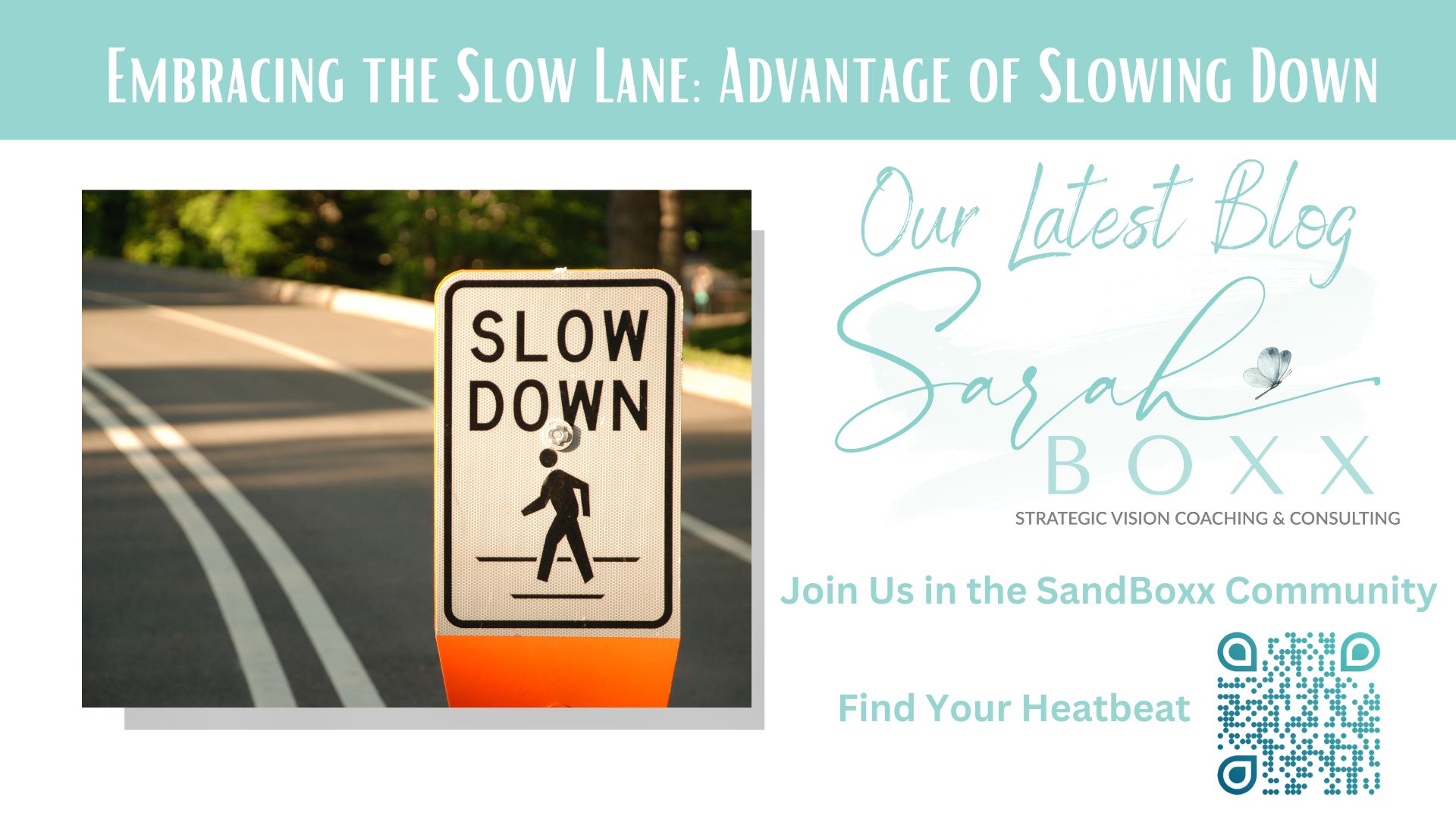Are you feeling bogged down, overwhelmed by the responsibilities of your everyday life? Do you find yourself resenting the tasks and commitments that, at one time, you used to enjoy? Does it feel as though there is never enough time?
If you can relate, you may be living in a state of constant, or chronic stress. As defined in my post, Where Do I Start? Getting Stuck In The Decision Making, chronic stress is caused by repeated life habits or situations that trigger a physical stress response.
In other words, chronic stress follows you through each day, impacting every aspect of your life, including your career, family relationships, and so much more! One particular area that is commonly impacted by chronic stress is a person’s ability to think creatively and innovatively.
Creative thinking is a skill that allows individuals to look at a problem in a new way and to develop ideas and solutions that are not defined by “what’s been done before” but are new and fresh. Every major business, new technology, or beautiful work of art became a reality after an innovative individual invested their time, energy and passion into trying something different!
“Everybody has a creative potential and from the moment you can express this creative potential, you can start changing the world!”
– Paulo Coelho, author and lyricist
Although everyone has the potential to think creatively, chronic stress, which plagues the day to day life of so many, prevents creative thinking and consequently, robs the world of potentially groundbreaking innovation.
According to The Impact of Stress on Innovation, the significant impact of chronic stress on creativity and innovation can be clearly seen within the business world. The article states, “External causes of stress among employees can include feeling overwhelmed by your responsibilities, whilst internal causes of stress can include chronic worry, a feeling of inflexibility in thought processes as well as repressed anger or resentment towards certain aspects of their work.”
When a person is living in a state of constant stress, regardless of the initial stress trigger, everything that person does can begin to feel overwhelming. They may feel as if there is “too much on their plate”. The “to-do” list begins to feel enslaving. Instead of being excited about their work and passionate about their projects, they are just trying to get through the day without dropping something important.
When you find yourself living in this stress-induced “survival mode” there is no mental space, or quite frankly, energy, left for creative thinking and innovation. If you’ve found yourself in this position, you may be wondering, “How can I possibly be open to new ideas, projects, or possibilities, when I’m barely holding everything together as it is?”
In addition to simply feeling overwhelmed, those living with chronic stress often begin resenting the obligations that keep them so busy. For some, this looks like resenting work and their employers. Others may begin resenting family obligations.
Pent up frustration and resentment also deter innovation. Most people are unlikely to put in the extra time and effort it takes to “think outside the box” in order to help the very source of their frustration. For example, if your chronic stress has you resenting your work obligations, it is unlikely that you will be motivated to put on your creative cap and develop a new project to support your company.
It is crucial, for your well being as an individual, and for the good of the companies, families, and community you are a part of, to take the time to get your chronic stress under control and your creative juices flowing again!
One way to do this is to avoid the unnecessary and focus on the truly important. This means narrowing your view to only a few important areas each week. Then once you know what those are focus on only those tasks that move them forward. This requires ignoring the distractions or responding to other people’s crises which take you “off point” and ultimately create more stress for you.
Want a cool tool I created to help you do just that?
Click HERE. Easy. Peasy. FREE


